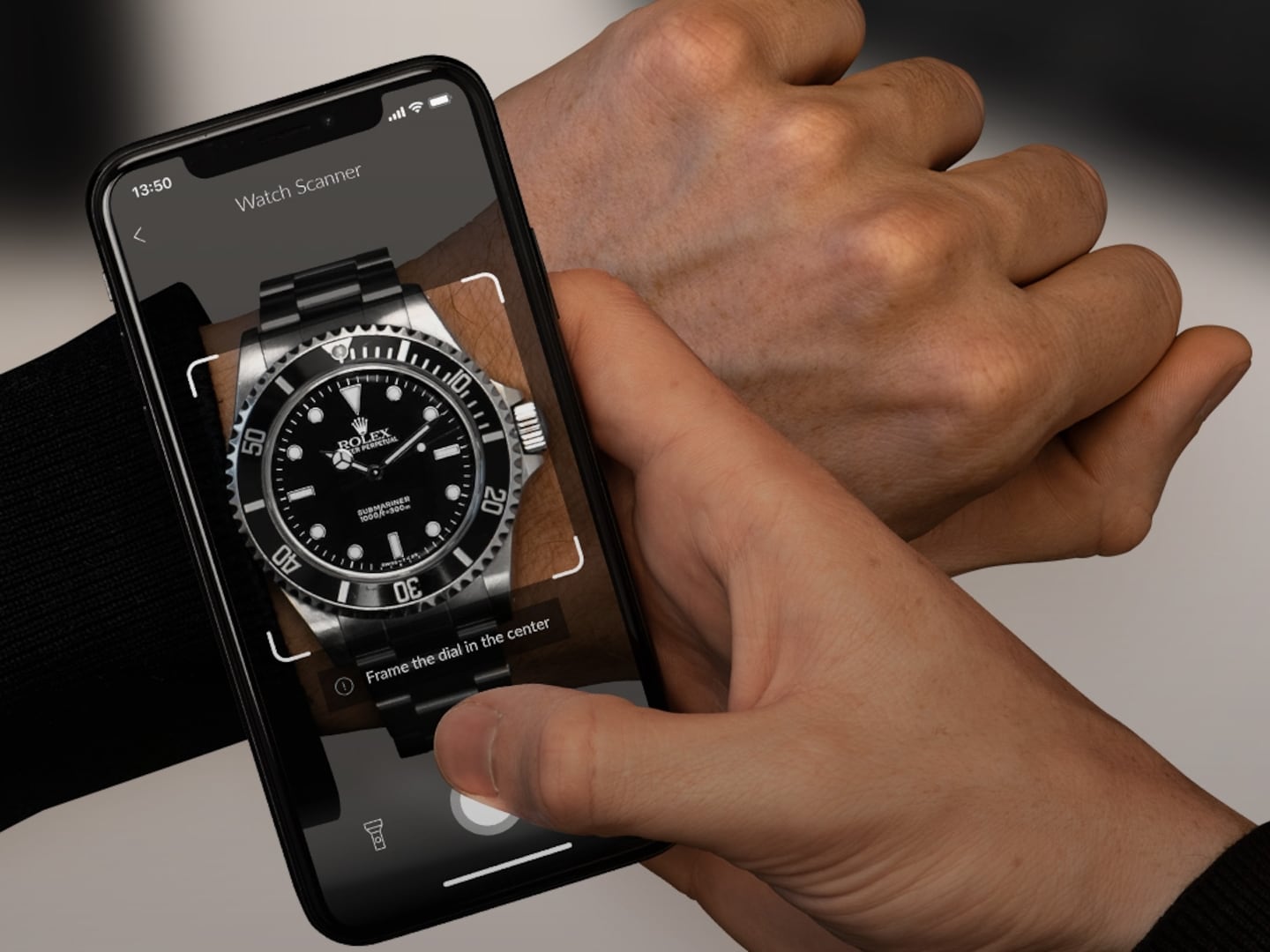
The Business of Fashion
Agenda-setting intelligence, analysis and advice for the global fashion community.

Agenda-setting intelligence, analysis and advice for the global fashion community.

Online watch seller Chrono24 said Wednesday it raised more than €100 million (about $117 million), in an funding round that valued the company at more than $1 billion and attracted investment from Aglaé Ventures, the technology arm of LVMH chief executive Bernard Arnault’s family office.
The move signals investor appetite for the second-hand watch market, where growth is far outpacing that of the new premium watch space and digital takes up a significant proportion of overall sales. Chrono24, which sells both new and pre-owned pieces, has been among the online platforms to capitalise on this shift in the watch industry.
Second-hand watch sales are expected to reach between $29 and $32 billion in 2025, up from $18 billion in 2019, according to BoF and McKinsey.
Chrono24, which started as an online peer-to-peer watch marketplace in 2003, said it now counts an average of 500,000 unique visitors a day, with some 3,000 retailers and 30,000 private sellers using the platform. The company said it plans to use the funding to boost growth and recruit new talent.
ADVERTISEMENT
The latest funding round was led by equity firm General Atlantic, with participation from Aglaé Ventures. Existing investors Insight Partners and Sprints Capital also participated. Total investment in Chrono24 now stands at over €200 million, following previous funding rounds in 2015 and 2019, with investors including former Richemont director Gianni Serazzi and Yoox Net-A-Porter founder Alberto Grignolo.
To learn more about the watch market, download a copy of the special edition of The State of Fashion: Watches and Jewellery, co-published by The Business of Fashion and McKinsey & Company here.
 Opens in new window
Opens in new windowMining company Anglo American is considering offloading its storied diamond unit. It won’t be an easy sell.
The deal is expected to help tip the company into profit for the first time and has got some speculating whether Beckham may one day eclipse her husband in money-making potential.
The designer has always been an arch perfectionist, a quality that has been central to his success but which clashes with the demands on creative directors today, writes Imran Amed.
This week, Prada and Miu Miu reported strong sales as LVMH slowed and Kering retreated sharply. In fashion’s so-called “quiet luxury” moment, consumers may care less about whether products have logos and more about what those logos stand for.